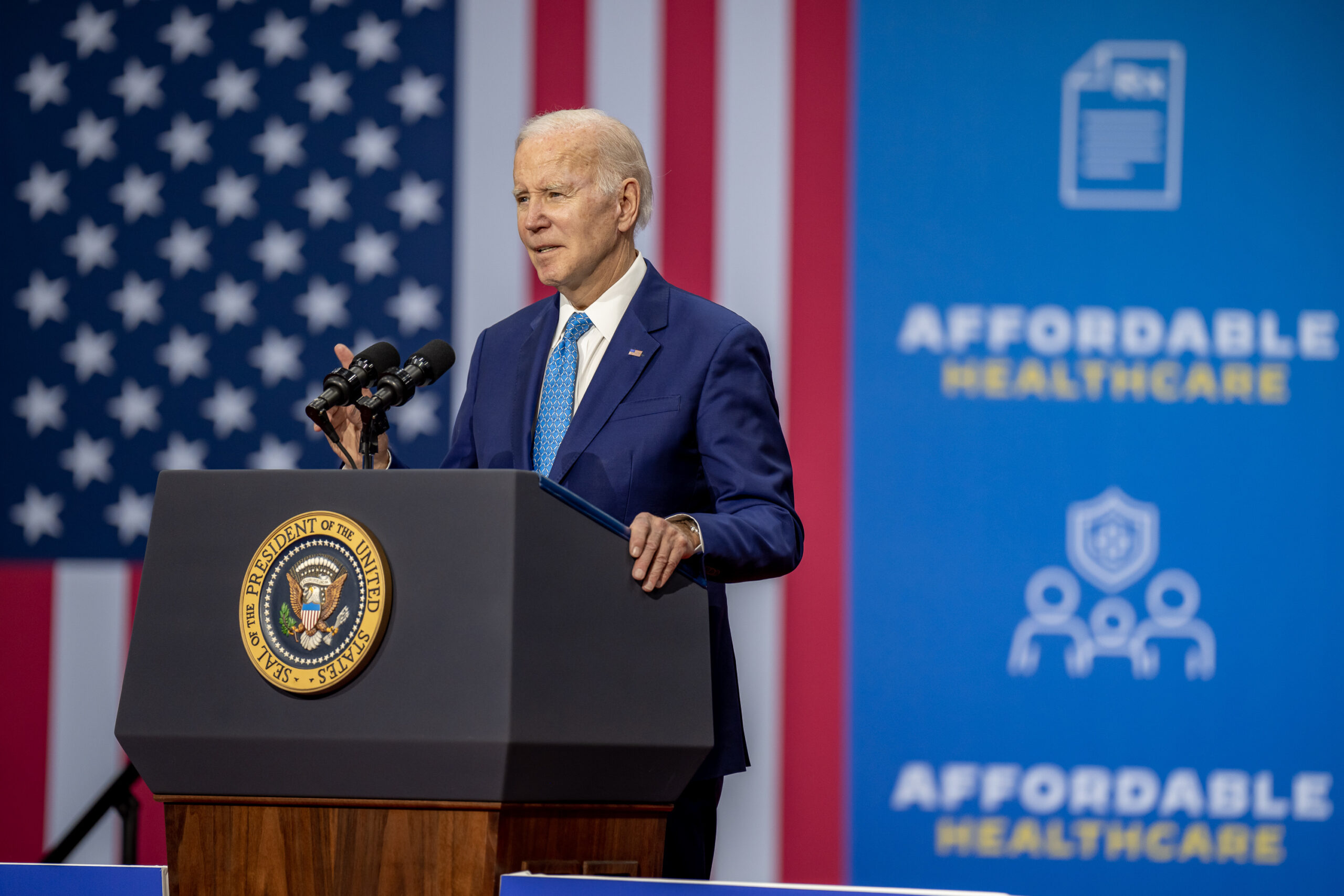A recent Government Accountability Office (GAO) report has highlighted significant increases in Medicaid spending under the Biden administration, raising concerns about fiscal responsibility and the expansion of welfare programs. The study indicates that changes in federal guidance have allowed states to increase their Medicaid waiver spending, potentially costing taxpayers billions.
Explainer Audit Reveals Medicaid Spending Increases Under Biden Administration
The GAO report, which examined spending for Medicaid waivers authorized by Section 1115 of the Social Security Act, found that these waivers accounted for approximately one-third of all federal Medicaid spending, totaling $194 billion in 2023. Critics argue that the Biden administration's modifications to the rules governing these waivers have weakened fiscal discipline.
"The changes made by the Biden administration have the potential to significantly increase federal spending on Medicaid, which raises concerns about budget neutrality," said Chris Jacobs, founder and CEO of Juniper Research Group.
Under the Trump administration, states were required to calculate base year spending using actual spending data rather than historical trends. This approach aimed to prevent states from inflating their spending limits by referencing years of higher expenditures. The GAO report noted that this guidance resulted in a reduction of total spending limits for waivers submitted by Tennessee and New York by $232.6 billion, with the federal share amounting to $122.5 billion.
However, the Biden administration revised this guidance, allowing states to establish base years using a combination of actual and historical spending. This change has reportedly increased the limits on Medicaid spending by $28.4 billion for waivers submitted by Arizona, Massachusetts, and Washington state, with a federal cost implication of $16.6 billion.
The GAO also criticized the Biden administration's approach to linking future spending growth to the president's budget rather than actual state spending growth. This shift raised the spending limits for Arizona, Massachusetts, and Washington state by an additional $8.5 billion, with $4.3 billion potentially impacting federal expenditures.
Additionally, the Biden administration has permitted states to include hypothetical costs related to "health-related social needs"—such as housing—when calculating Medicaid spending limits. The GAO report expressed skepticism about this practice, stating that it could lead to inflated spending limits without requiring states to demonstrate offsetting savings.
"This approach seems disingenuous, as it allows states to include costs that are not typically covered by Medicaid without proving they will lead to actual savings," the report noted.
Supporters of the changes argue that addressing social determinants of health could improve overall health outcomes and reduce long-term healthcare costs. However, critics contend that this could further entrench Medicaid as a broad welfare program rather than a healthcare-focused initiative.
In response to these concerns, Congress has taken steps to reinforce budget neutrality for Medicaid waivers. Earlier this year, lawmakers codified requirements aimed at preventing future administrations from using Medicaid as a vehicle for overspending. This legislative action was influenced by recommendations from the GAO and advocacy from various stakeholders.
The GAO's findings underscore the ongoing debate over Medicaid spending and the implications of policy changes on federal budgets. As the Biden administration continues to implement its healthcare policies, the financial impact of these decisions remains a critical issue for lawmakers and taxpayers alike.
Why it matters
- GAO report reveals Medicaid spending surged under Biden, raising fiscal responsibility concerns.
- Changes in federal guidance allowed states to inflate Medicaid waiver spending, costing taxpayers billions.
- Critics argue Biden's modifications weaken fiscal discipline, risking budget neutrality for Medicaid.
- The report highlights a shift towards including non-traditional costs in Medicaid calculations, potentially inflating limits.
What’s next
- Congress is reinforcing budget neutrality for Medicaid waivers to prevent overspending.
- Lawmakers may propose further legislation to address concerns raised by the GAO report.
- Stakeholders are expected to advocate for stricter guidelines on Medicaid spending.

